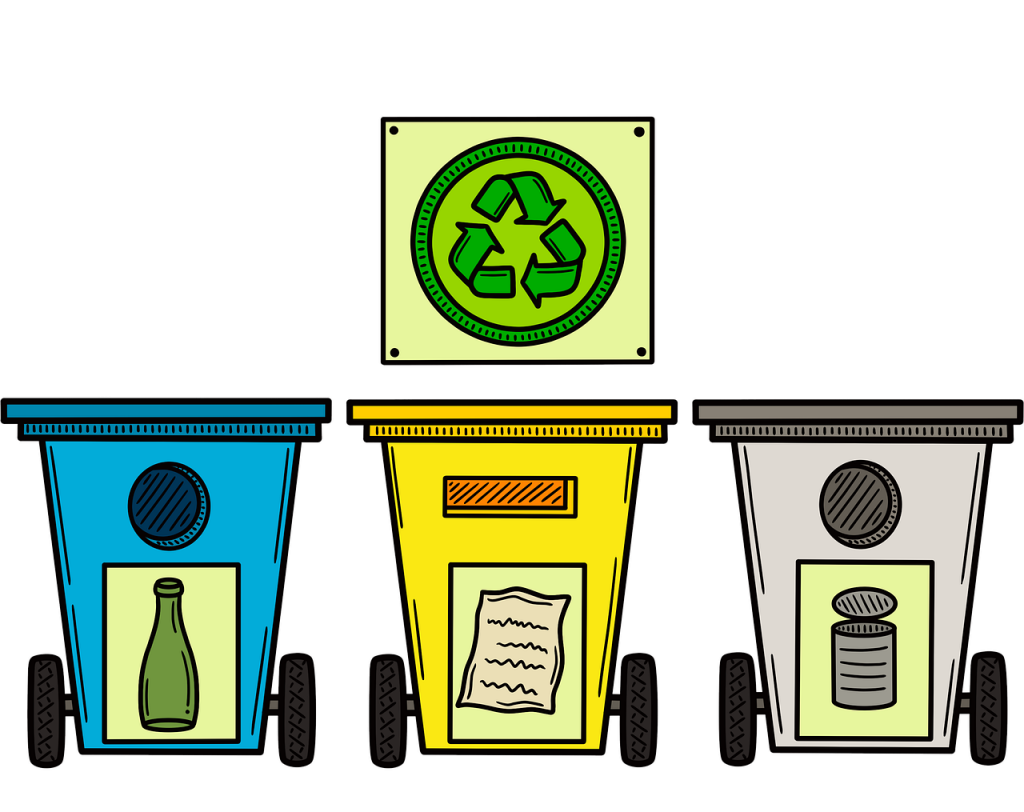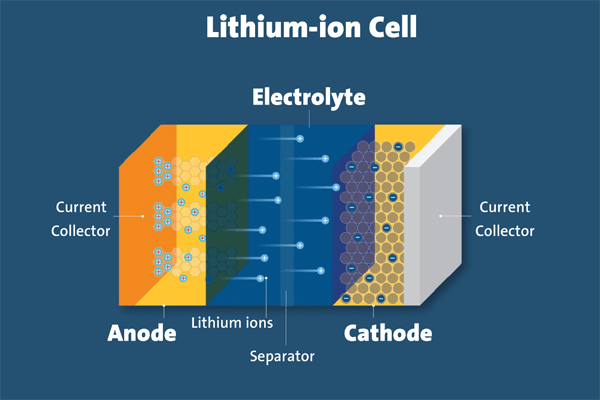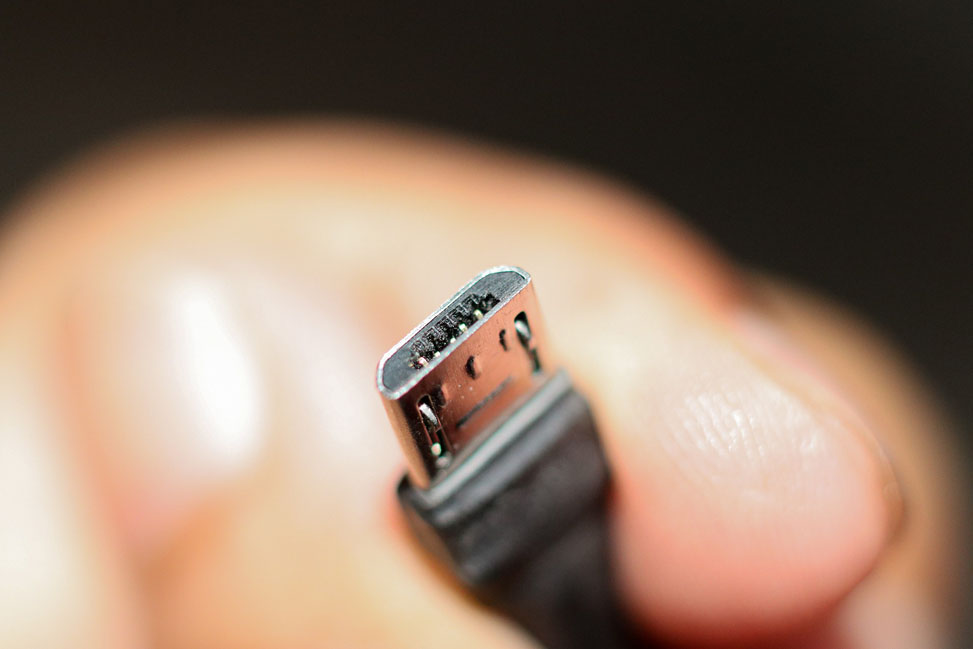How to Dispose of Batteries safety
From remote controls and electronic toys to mobile phones and laptops, many portable electronic devices can’t live without batteries. However, there is always a time when the battery runs out of power or fails, and how to deal with it? Have you ever seen a place that recycles batteries? What waste batteries belong to, how […]
How to Dispose of Batteries safety Read More »










